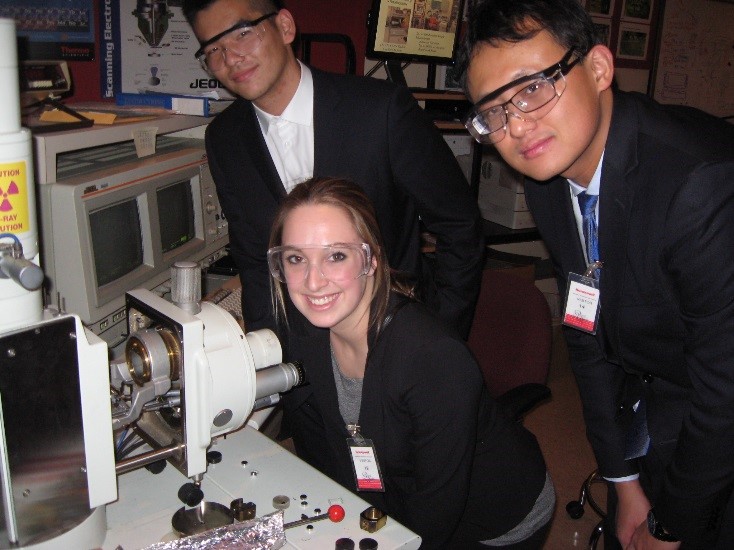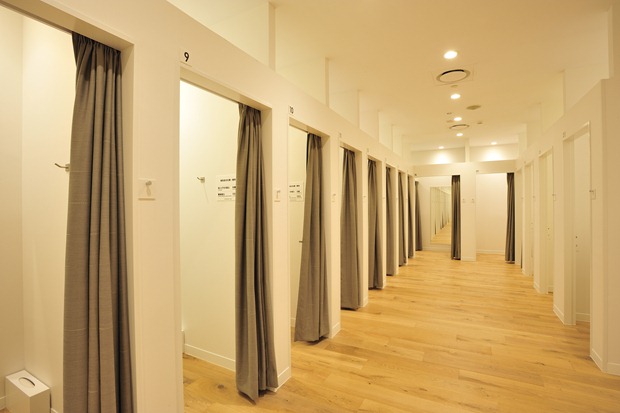Tiffany Franklin, Associate Director
The leaves are turning colors, crisp autumn nights are becoming the norm and you can find pumpkin versions of most of your favorite foods. Fall is officially upon us and that means it’s the perfect time to consider an externship as part of your internship/job search strategy. Externships are job shadowing opportunities designed to help students discern how their skills and interests align with professional positions in their career fields of interest.
By participating in a “day in a life” within a work environment, you can gain exposure to an industry, insightful conversation, invaluable advice, and an insider perspective.
Externships are typically job shadowing opportunities that are a half or full-day in duration and may involve the following activities:
- Conducting informational interviews with professionals in a range of departments and levels
- Participating in daily operations that provide hands-on exposure to the career field/industry
- Completing a relevant project if the externship is long enough to accommodate it
- Attending meetings and presentations
- Touring the work site
Depending on your school and year, you can participate in one of the structured job shadowing programs through Career Services (for example, the Engineering Externship Program or Discovery Days) or you can create this type of opportunity on your own through networking, which is simply connecting with people. Perhaps you have a friend with a relative working in a field that interests you. You could see if that person could introduce you and begin by scheduling a brief informational interview. Once you’ve established a rapport over time, you could inquire whether any job shadowing opportunities are available. Career Services advisors are here to help you consider both the timing and content of this type of outreach.
The Engineering Externship Program connects returning students with alumni and their colleagues at their workplaces in January, just before spring semester classes begin. The program is open to SEAS sophomores, juniors, and first year master’s students with first priority going to sophomores and then juniors. Externship sites include different types of companies, in locations across the U.S. and overseas. Consult your upcoming weekly newsletters from Career Services for full application details.
Discovery Days is a program which allows College of Arts and Sciences and Wharton sophomores a chance to observe a “day in the life” of professionals in careers of interest to them. Consult your upcoming weekly newsletters from Career Services for full application details. This program takes place in January 2017 prior to spring classes.
Whether it’s through a formal program through Career Services or through your own networking, job shadowing is an excellent way to supplement your research about a career field. By meeting with professionals who do what you hope to, you will have the opportunity to ask questions, gain insights into the challenges they face, and learn from their experience.



